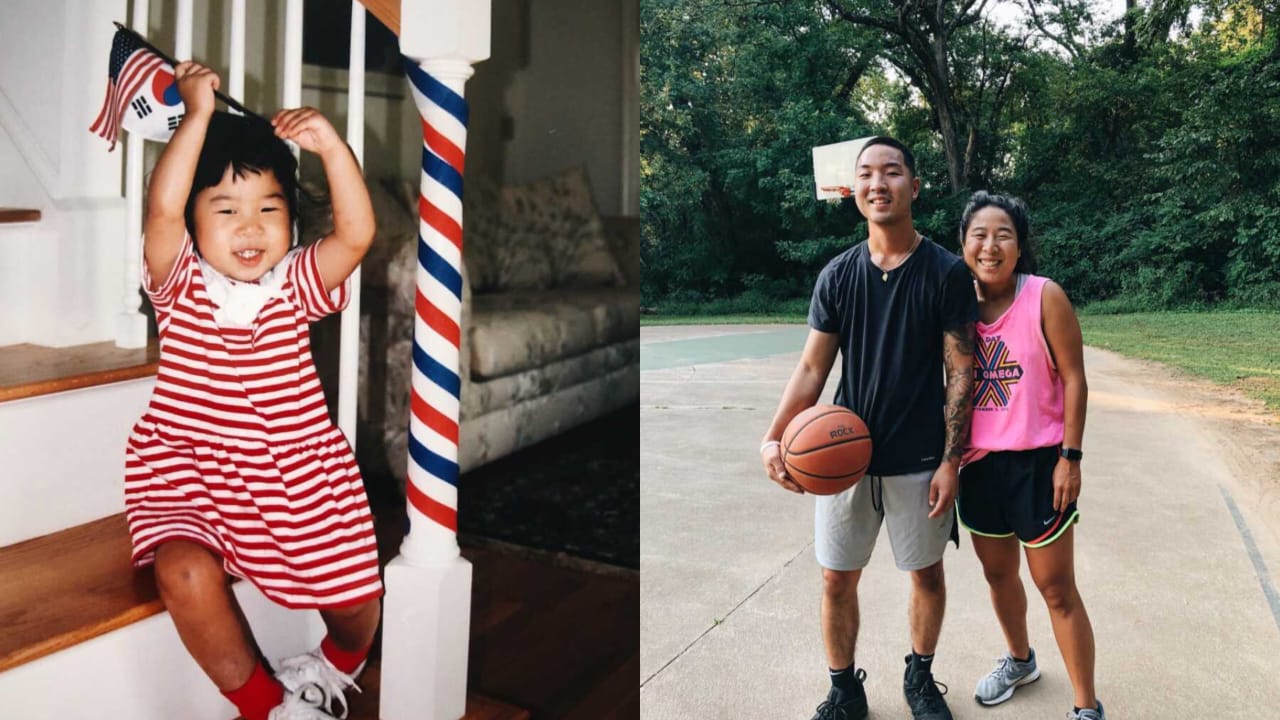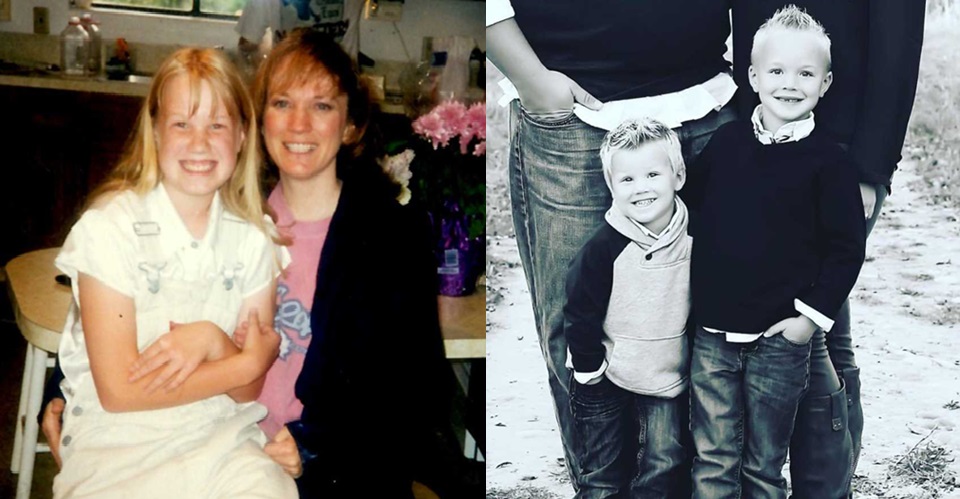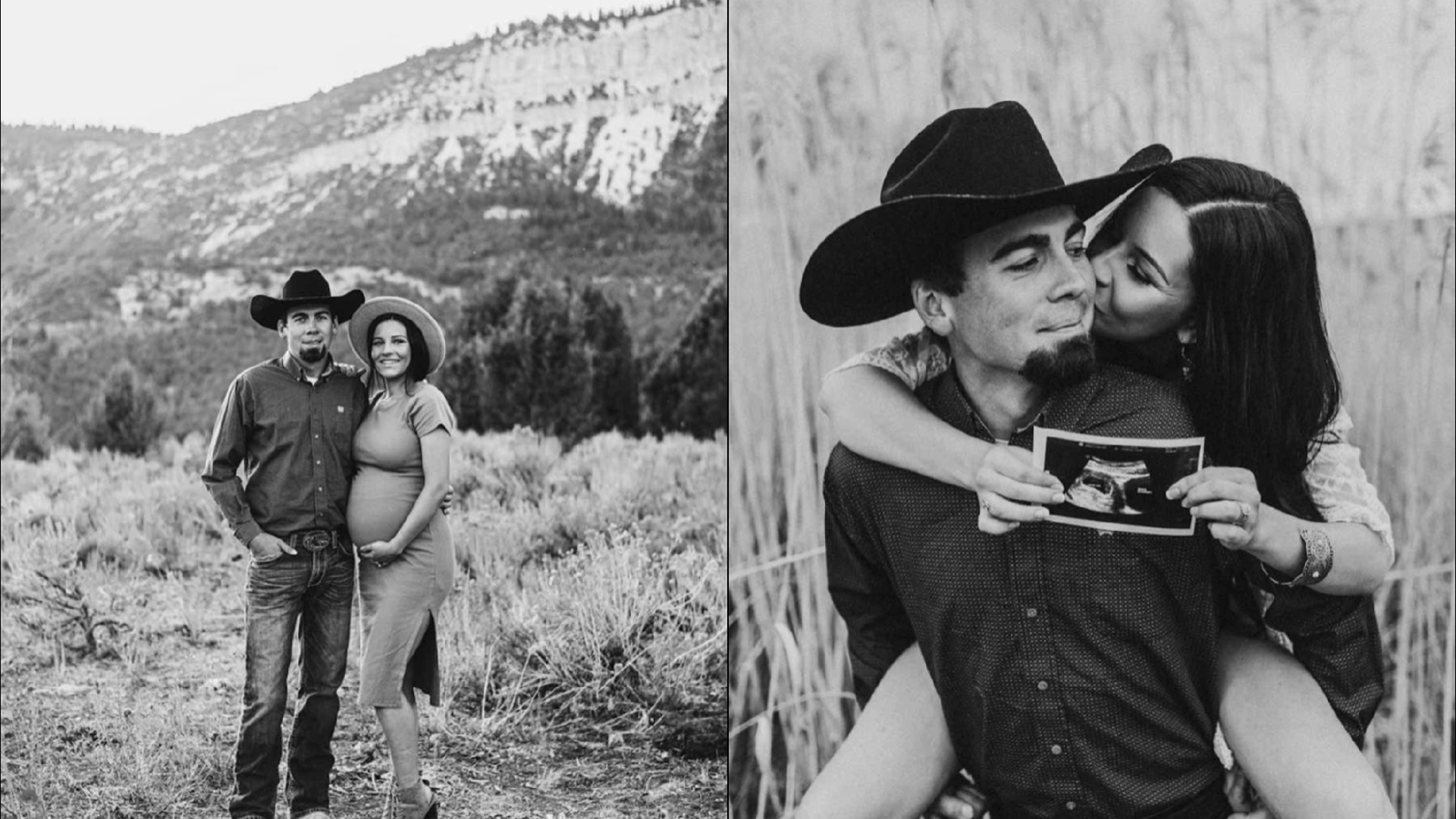I’ve always been aware that I was adopted; there’s never been a moment in my life when I didn’t know.People sometimes ask, “When did your parents tell you?” or People often ask, “How old were you when you found out?” but there was never a dramatic moment of discovery, it’s simply something I’ve always known as part of my life

My parents didn’t remind me every day, but they never hid it either. Adoption was a normal topic in our home. If I had questions, they answered. If they didn’t know, they said so. They didn’t expect me to act like I wasn’t Korean, or try to make me blend in. They enrolled me in Korean language lessons, introduced kimchi into our meals, learned to cook Korean dishes, and built connections with other adoptive families. They even arranged a three-week trip to Korea specifically designed for adoptees.They didn’t have a guidebook on how to raise an adopted child; they just loved me enough to make space for all of me.

When I was little, I loved being adopted. I thought it was special to have two sets of parents who loved me. But as I got older, things became more complicated not because of my family, but because of how other people saw me.
On my first day riding the bus in first grade, a boy asked if I ate dogs.I wasn’t sure what to say, so I just let out a laugh. That became my default whenever I felt uncomfortable. Kids told me to “open my eyes.” When I was good at math, people said it was because I was Asian. After the Virginia Tech shooting, a classmate muttered that the shooter was “just a crazy Korean guy.” Even in college, I was constantly mistaken for the other Asian girls on campus, even though we didn’t look alike.

Nicole Chung, an adoptee and author, once wrote: “Even if their adopted child’s race didn’t matter to them, it would matter to others.” I’ve found that to be true. My parents embraced my Korean identity, but out in the world, I wasn’t always shielded from racism. For years, it was easier to ignore my Korean heritage than face how much it hurt.
Then in 2019, I discovered BTS by accident through a Spotify playlist. At first, I just liked their music and amazing performances, especially the dancing. But as I learned more about them, something inside me changed. Seeing them proud of being Korean made me proud too. I started watching K-dramas, learning Korean, and even thinking about visiting Korea someday to try to meet my birth family.

At first, I kept my love for BTS and Korean culture quiet, worried people would think it was weird. But over time I became more open. I’ve gone to concerts and now proudly talk about K-pop and K-dramas with friends. For the first time, I feel proud of all parts of my story.

That doesn’t mean it’s always easy. This year I lost a close friend after speaking up about some racially hurtful comments. A few years ago, I wouldn’t have said anything, but I’ve learned my experiences matter. The people willing to listen are the ones worth keeping.

Through all of this, my faith has grown. I’ve cried, doubted, prayed, and learned it’s okay to be honest with God about my pain. I don’t love the hard parts of my story, but I trust He can use them for good. If sharing my experiences helps even one person feel less alone, it’s worth it.
Here’s what I hope people take away: I’m deeply grateful for my parents and the family adoption gave me. They’ve always been a safe place where I can be honest about the good and the hard. But adoption and being a racial minority can still be painful.

I hope people who enjoy Korean culture also make space for Korean-American voices. As Vernon from the group Seventeen once said, overcoming prejudice starts with respect, and respect starts with listening. That’s all I ask: slow down, ask questions, and listen.











